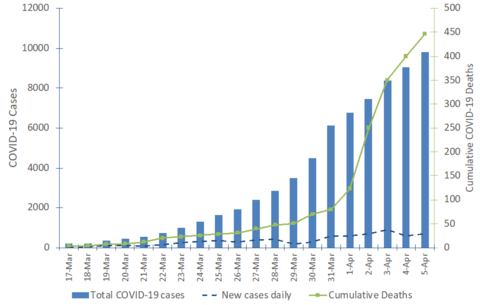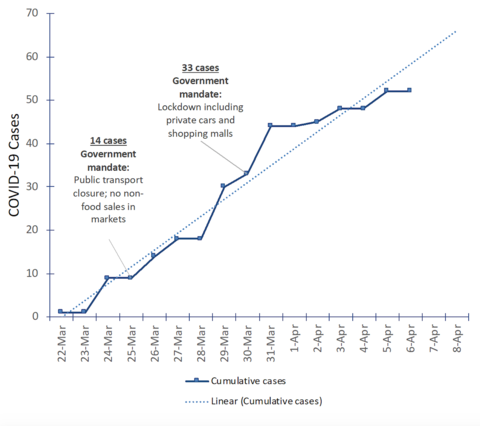WHAT IS MALARIA?
Malaria is a disease caused by a parasite and transmitted to humans through thebites of infected mosquitoes. Symptoms of severe malaria include: fever and chills, impaired consciousness, convulsions, difficulty in breathing, anemia, jaundice and evidence of vital organ dysfunction.
Severe malaria can be fatal without treatment!
● There are 438,000 annual deaths from Malaria worldwide.
● 80% of those deaths occur in Africa.
● Children in Africa miss up to 50% of school days due to malaria.
● 7 out of 10 deaths every year are among children under the age of 5.
● Pregnant women are at high risks of death with their unborn babies.
● Uganda has the world’s highest malaria incidence, with a rate of 478 cases per 1,000 population per year and the Ministry of Health show that malaria is still the leading cause of death in Uganda, accounting for over 27% of deaths.
HOW WILL BUYING A BRACELET HELP TO PREVENT MALARIA?
When you buy one of our “I’m a little light” handmade bracelets, you are not only supporting the women who make the jewelries but also support the fight against Malaria. Little Light uses the profits from the bracelets to buy an organic mosquito-repellent soap and provide it to underprivileged families that live in Kampala malaria risk zones.



